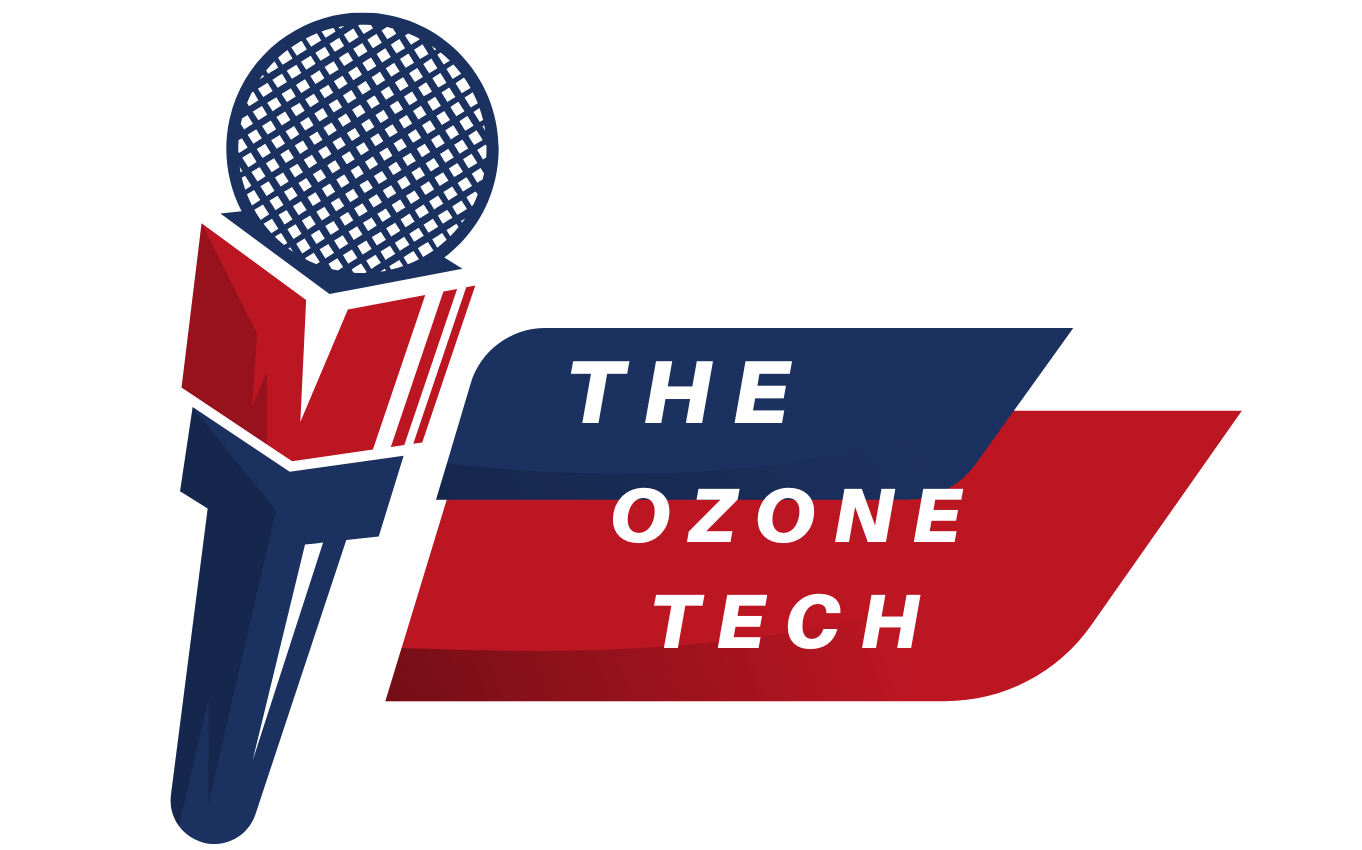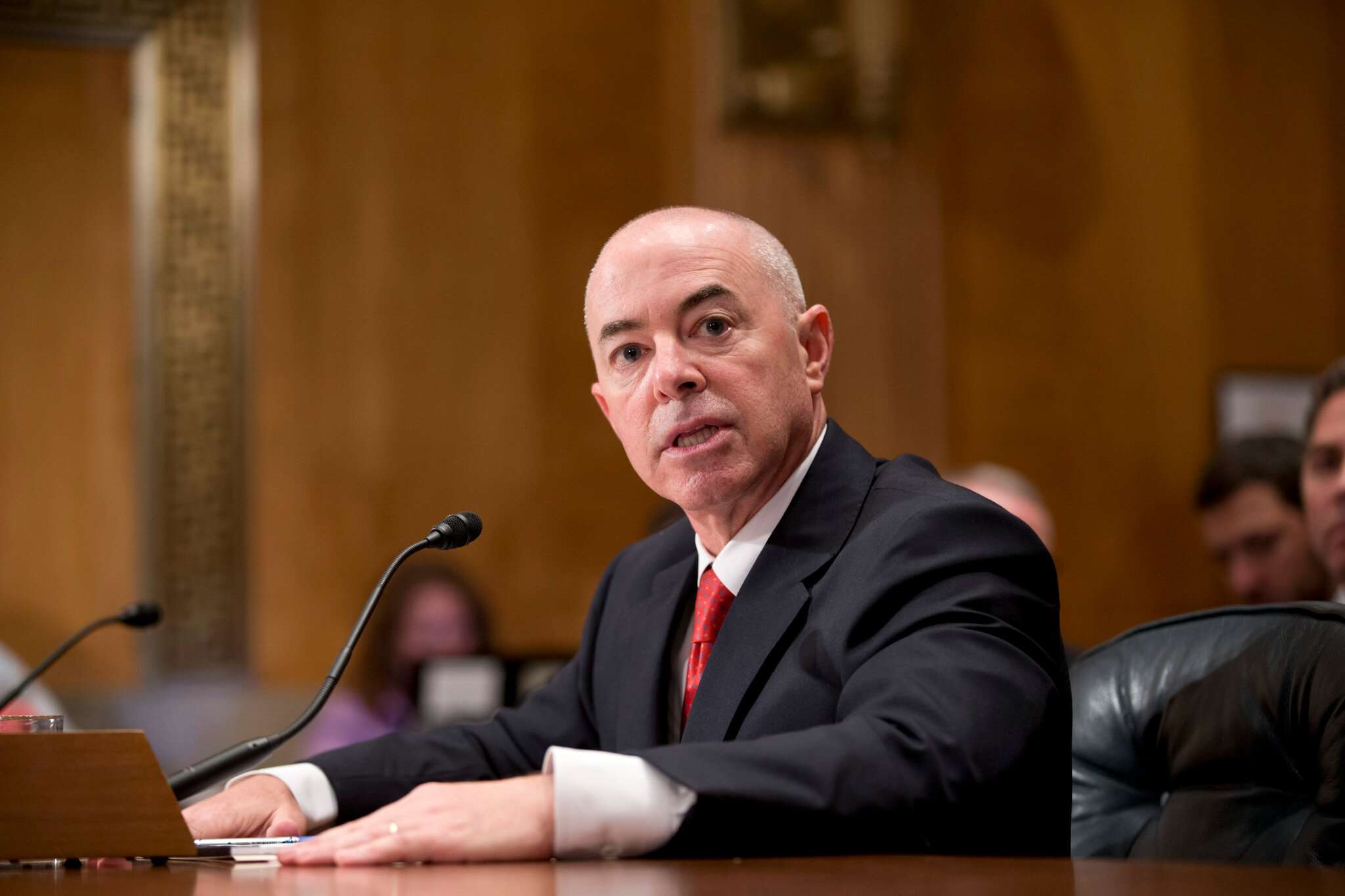President Biden fulfils his pledge to create an economy that benefits working people, particularly Latino neighbourhoods, by signing the Inflation Reduction Act. The Inflation Reduction Act decreases the cost of prescription medications, healthcare, and electricity. It’s the aggressivest response we’ve had to the climate catastrophe. It will reduce the deficit and demand that companies and the extremely rich contribute fairly. Additionally, no one earning less than $400,000 year will pay any additional taxes.
By lowering costs, promoting environmental justice while constructing a cleaner future, and growing the economy from the bottom up and the middle out, President Biden and Congressional Democrats overcame special interests to pass this historic legislation to aid communities of colour, including Latinos, who have been on the front lines of climate change.
REDUCED COSTS OF HEALTH CARE
The Inflation Reduction Act (IRA) would reduce the price of health care, notably the price of prescription drugs, and increase the number of Latino households that have access to health insurance.
Lower Prescription Drug Costs for Seniors: Americans spend 2-4 times as much on prescription pharmaceuticals than citizens of other affluent nations. Racial and ethnic health disparities are exacerbated by high costs. Latino Medicare recipients were more than twice as likely to have problems paying for prescription drugs and more than twice as likely to not fill necessary prescriptions because of cost among people 65 and older than White beneficiaries. For instance, a recent study on the shingles vaccination rates among elderly Americans found that non-Latino White Americans had nearly two times the likelihood of receiving the shingles vaccine than Latinos, maybe as a result of the latter group’s greater financial hardship. By enhancing prescription drug coverage and reducing costs, the Inflation Reduction Act will aid in bridging the gap in access to medication.
- gives seniors peace of mind by capping the cost of prescription medications they purchase at the pharmacy to $2,000 per year, removing their concern about incurring astronomical prescription drug costs.
- limits what seniors will have to pay for a month’s supply of insulin to $35.
- gives Medicare recipients access to a range of extra cost-free vaccinations, including the shingles vaccine.
- Seniors’ access to prescription pharmaceuticals will be further lowered by allowing Medicare to bargain for cheaper rates on expensive medications and mandating drug companies to provide Medicare a refund when their price increases exceed inflation.
Reduce Insurance Costs and Broaden Coverage: The uninsured rate among Latinos has dropped by 11 percentage points, from 30% in 2013 to a low of 19% in 2017, after the introduction of the ACA’s coverage expansions. Despite these gains, there were still approximately 10.9 million uninsured Latinos in 2019 when President Biden entered office, and 640,000 of them were locked out of coverage due to their state’s refusal to expand Medicaid, creating a “coverage gap.” The percentage of Americans without health insurance has increased to 5.2 million and hit a new historical low of 8% since President Biden’s election. The more generous Affordable Care Act premium tax credits from the American Rescue Plan are maintained by the Inflation Reduction Act.
- The Inflation Reduction Act guarantees reduced monthly costs; in 2021, 69 percent of uninsured Latinos will be able to get a plan for $0 per month. In 2018, 80 percent of Latinos had access to a plan for $50 or less per month.
- The Inflation Reduction Act will assist in maintaining the availability of free or inexpensive health care by continuing the advancements made by ARP.
- As opposed to not having an IRA, over 700,000 Latinos will have health insurance coverage in 2019.
AVOID CLIMATE CHANGE AND DROP ENERGY PRICES
In terms of climate change and sustainable energy, the Inflation Reduction Act is the most aggressive law in American history. As well as lowering climate pollution and guaranteeing a clean, reliable energy supply in the future, the law would lower energy prices for households and generate thousands of decent employment. Making home efficiency improvements more affordable When households need to replace common household items like appliances and equipment, the Inflation Reduction Act would make it more affordable for them to buy energy-efficient and electric appliances. Additionally, over time, these appliances will enable households to reduce their utility costs.
- Families may save up to 30% on energy-efficient heating and cooling equipment when replacing water heaters, furnaces, or air conditioners, which will result in hundreds of dollars in utility bill savings.
- Tax credits for home improvement projects on windows, doors, insulation, or other weatherization measures that stop energy from fleeing houses can help households save up to 30%.
- Families can earn direct rebates when purchasing more energy-efficient and electric equipment, which can reduce future utility bills by at least $350 annually, if they need to replace or update stoves, ovens, or other home appliances.
- Families living in inexpensive housing will gain from funding for initiatives that increase productivity, enhance indoor air quality, switch to renewable energy or electrification, or increase climate resilience.
- Families that use clean energy tax credits may often save more than $1,000 annually.
Economic opportunities and jobs are created by the Inflation Reduction Act, which will benefit all Americans in the following ways:
encourages the development of solar projects in environmental justice neighbourhoods by offering a 20 percent bonus credit for solar installations on federally-funded affordable housing projects and a 10 percent bonus credit for solar installations in low-income neighbourhoods.
Establishes a new Clean Energy and Sustainability Accelerator that will support the establishment of state and local clean energy financing institutions and the deployment of distributed zero-emission technologies like heat pumps, community solar, and EV charging while giving underserved communities a high priority for over 50% of its investments.
- Expands clean energy tax credits for wind, solar, nuclear, clean hydrogen, clean fuels, and carbon capture and includes bonus credits for companies who recruit via registered apprenticeship programmes and pay employees a prevailing wage so that the renewable energy we utilise creates well-paying employment.
- Ensure the public’s health:
- The Inflation Reduction Act acknowledges how adversely low-income and minority groups are affected by climate change. The law establishes Environmental Justice Block Grants as well as an unique programme to combat pollution in port towns, where it is particularly bad and harmful.
- various efforts to minimise air pollution are funded, such as fenceline monitoring and screening near industrial operations, air quality sensors in underserved areas, new and updated multipollutant monitoring sites, and monitoring and mitigating of methane and wood heater emissions.
- protects our kids by making efforts to track and cut back at public schools in underprivileged areas.
Improve Climate Change Resilience:
The Inflation Reduction Act increases climate resilience and fortifies the country’s economy and infrastructure against natural disasters and harsh weather by:
- Upgrading affordable housing with HUD funding to reinforce homes against climate impacts, and increase water and energy efficiency.
- Expanding USDA’s Urban and Community Forestry Program with tree-planting projects that help cool neighborhoods, with a priority for projects that benefit underserved communities.
- Advancing transportation equity and resilience with a new Neighborhood Access and Equity Grant program to improve walkability, safety, and affordability, including projects to protect against extreme heat, flooding, and other impacts.
Lower Costs for Small Businesses: The Inflation Reduction Act includes a number of provisions that will save small business owners money.
Small companies can claim a tax deduction of up to $1.00 per square foot of their facility for improvements to their energy efficiency. If the efficiency improvements are carried out by workers who are paid a prevailing wage, the per square foot deduction is increased, assisting businesses in saving money and creating well-paying employment.
FAIREN UP THE TAX CODE
The 2017 tax reform passed by President Trump and House Republicans did nothing but exacerbate an unjust tax system. A significant step toward improving the fairness of our tax system is the Inflation Reduction Act of 2022. It will increase income by:
- making sure that big businesses and people with high incomes pay the taxes they already due.
- imposing stricter regulations on powerful, lucrative companies that now avoid paying federal income taxes.
- levying a 1% tax on stock buybacks by corporations to promote investment.
The legislation’s tax reforms are crucial for creating an economy that rewards work over wealth and prevents the wealthy and powerful from operating according to a different set of rules. They will not only raise money for urgently needed investments to reduce costs and combat climate change, but they will also help build this economy.
Thanks to the Act’s revolutionary improvements in the Internal Revenue Service, millions of working families will have easier access to the benefits to which they are legally entitled as well as quicker and more effective access to answers to their queries. Furthermore, no household earning less than $400,000 year would see their taxes rise by even a single penny.








